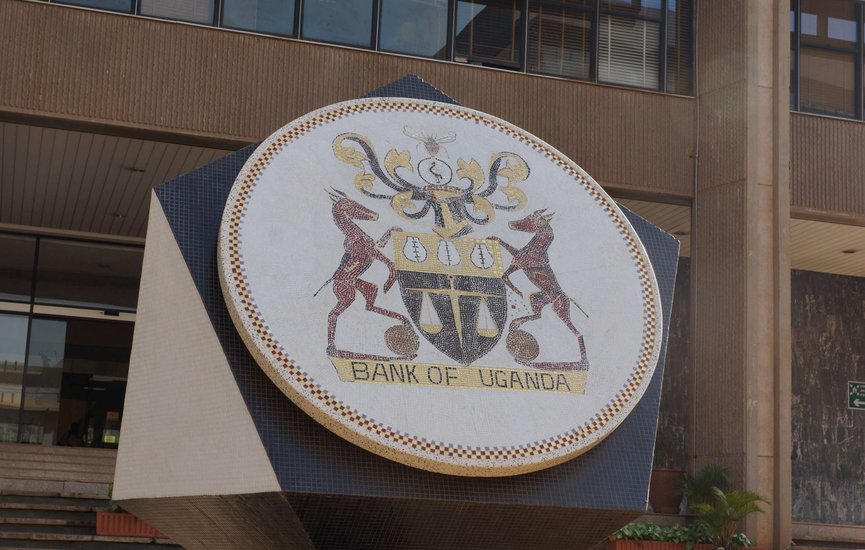Uganda’s banking sector has demonstrated resilience and stability throughout the year ending June 2025, bolstered by the Bank of Uganda's accommodative monetary policy and targeted measures to strengthen the financial system.
According to the Integrated Annual Report 2024/2025, the sector experienced its highest growth in three years, driven by improved liquidity management, stronger credit performance, and increased profitability. "The banking industry remained safe and sound over the year to June 2025, with growth supported by BoU’s accommodative policy stance and measures aimed at reinforcing financial sector stability," the report notes.
Total banking sector assets grew by 13.7%, rising from Shs 53.9 trillion in 2024 to Shs 61.3 trillion in 2025. This growth was driven by improved performance across major balance sheet indicators, including a notable rise in customer deposits. Deposits grew by 14.2%, reaching Shs 41.6 trillion, up from Shs 36.4 trillion the previous year. Loans and advances to the private sector grew by 9.2%, compared to 6.8% in 2024, signaling stronger credit demand and a robust private sector recovery.
Profitability across the sector saw a significant boost. Net profit after tax (NPAT) surged to Shs 1.9 trillion, a 36% increase from Shs 1.4 trillion in the 2023/24 financial year. This was primarily driven by a 16% rise in government securities holdings, which increased to Shs 17.4 trillion, as banks managed their liquidity more strategically.
Interest income also rose by 10.7%, supported by stronger credit performance and lower costs related to non-performing assets. Expected credit losses decreased to Shs 761.2 billion, reflecting better borrower repayment rates and more effective risk management.
Non-performing loans (NPLs) fell from 4.9% in 2024 to 3.7% in 2025, with the total NPL stock dropping to Shs 881.6 billion. This contributed to higher profitability and stronger balance sheets. The return on assets (ROA) improved to 3.3%, demonstrating greater operational efficiency across the banking industry.
The Core Capital to Risk-Weighted Assets Ratio stood at 25%, well above the regulatory minimum, and all Domestic Systemically Important Banks met the systemic risk buffer requirements, underlining the sector’s ability to absorb shocks. Liquidity within the sector remained exceptionally strong, with liquid assets growing by 33.4% to Shs 23.1 trillion, resulting in a liquid assets-to-deposits ratio of 56.4%.
The Liquidity Coverage Ratio reached 498.7%, and the Net Stable Funding Ratio stood at 184%, both well above regulatory thresholds.
The Bank of Uganda also conducted the first Bottom-Up Stress Test (BUST) for Domestic Systemically Important Banks. The results indicated that most institutions are resilient to shocks, although a few would face challenges under extreme conditions. BoU is closely monitoring these banks and implementing necessary interventions. To further enhance oversight and resilience, a new cyber and operational risk monitoring tool for payment service providers was developed and piloted starting July 1, 2025.
This tool is designed to strengthen the sector’s digital and operational risk frameworks. Additionally, reliance on the Bank of Uganda Standing Lending Facility declined, reflecting banks’ growing self-sufficiency in managing short-term liquidity.
The Bank of Uganda confirms that the banking sector remains fundamentally strong, supported by robust capital buffers, improving asset quality, and effective risk management.
The Integrated Annual Report 2024/2025 concludes that with rising deposits, improved liquidity, declining non-performing loans, and solid earnings, Uganda’s banking industry is well-positioned to support sustainable economic growth and safeguard financial stability.
